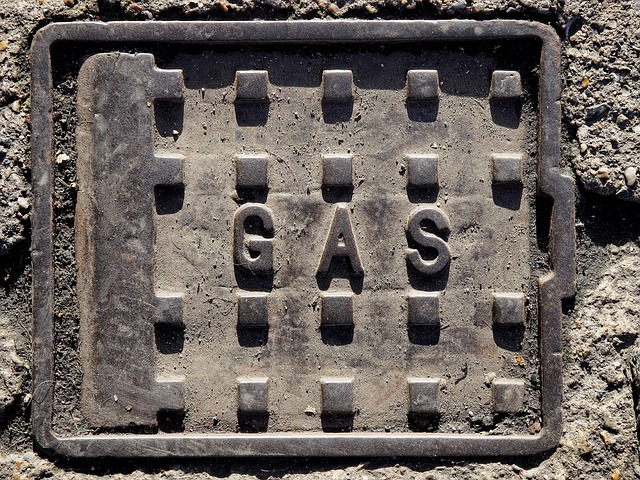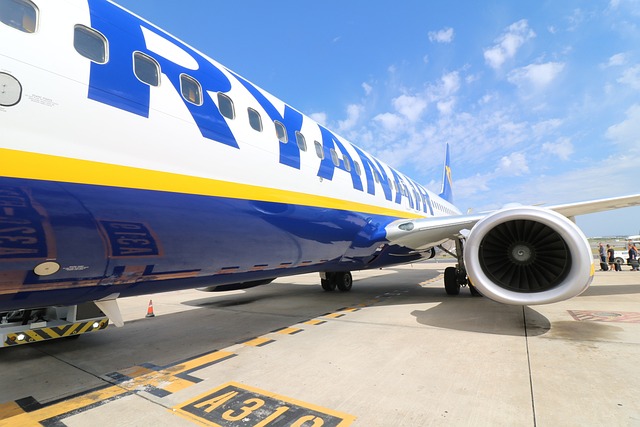A new rail route linking Lisbon to Madrid – stopping at Elvas, Badajoz, Merida, Caceres, Toledo, and Madrid – is being planned after it received the go-ahead from the European Parliament.
The route from Madrid to Badajoz is currently being constructed and should be completed by 2030.
The Portuguese section of the line, from Lisbon to Elvas (just on the Spanish border), forms part of a major European infrastructure project known as the Trans-European Transport Network (TEN-T).
The overall cost is said to be around seven billion euros.
It was back in 2012 when a rail link between Lisbon and Madrid was first planned. It was abandoned after the collapse of the Portuguese economy.
Dominique Riquet, a MEP for Renew Europe, said: “New rules will strengthen the performance, accessibility, security and resilience of our infrastructure, which is a key element of our sovereignty. It will also help to encourage Europeans to travel and make our economy more competitive.”
Spain boasts one of the most modern European railway networks.




